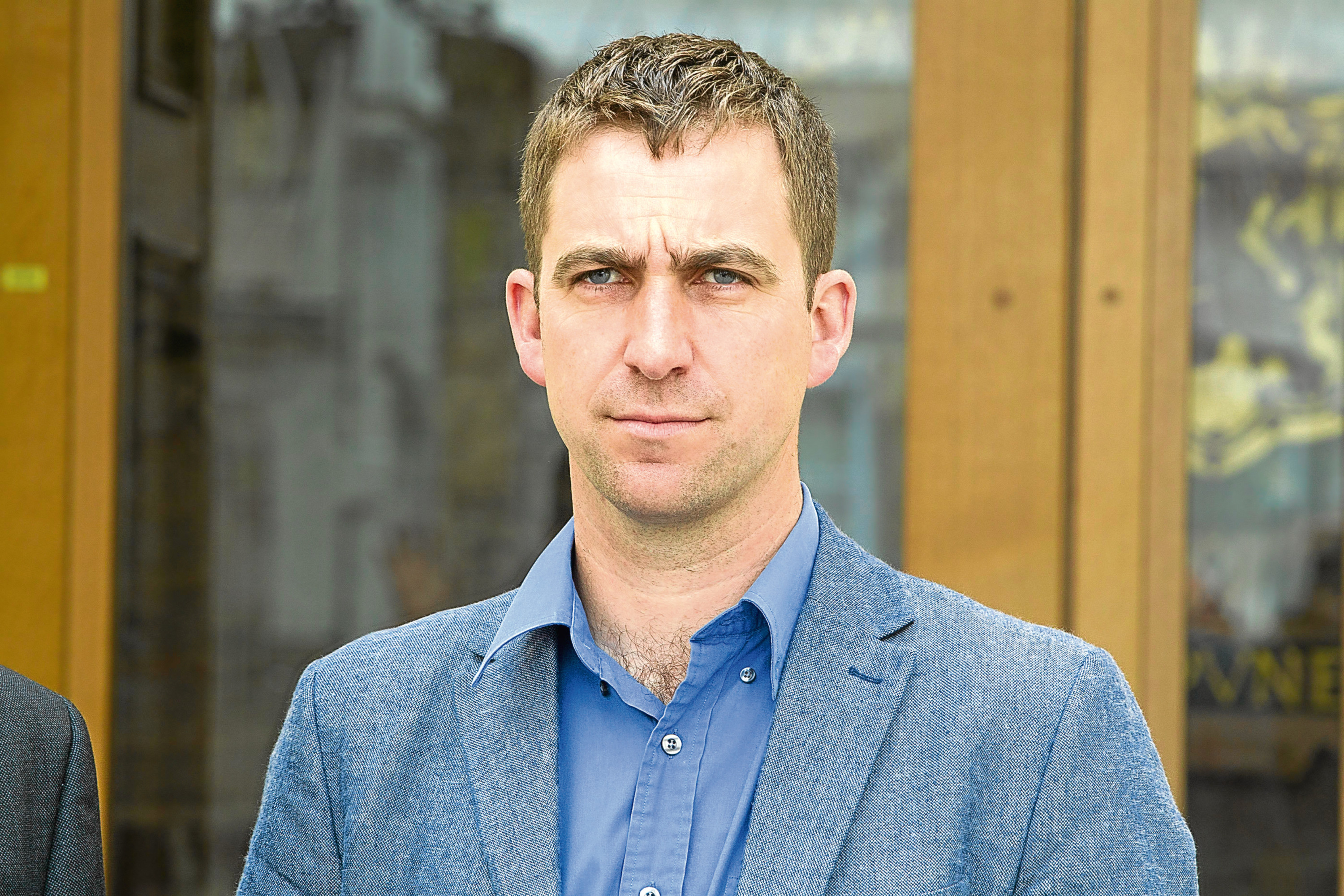
LESLEY Agams, Oxfam’s country director in Nigeria, accused a senior manager of a serious sexual assault. Three months later, he sacked her.
It’s a depressingly familiar response that goes right to the heart of the abuse scandal currently engulfing the aid sector and exposes it to the same shame of cover-up and lies that has hit Hollywood, politics and business.
It also shatters the assumption that those working in the charity sector are any more charitable to each other and calls into question the ethos of service and support that is the glue holding the sector together.
The horrific stories of sexual harassment, exploitation and abuse pouring out of charities such as Oxfam, Save The Children and UNICEF – just like the stories that followed Weinstein and the #MeToo campaign – are littered with mealy-mouthed apologies, inaction and cover–ups.
Maybe, it should come as no surprise that supposedly good men can do bad things.
But this scandal, in all its manifestations, from the raping of children in Haiti in exchange for food to the pestering of staff for sex in Britain, betrays the passion and sacrifice invested by hard-working staff and volunteers in non-governmental organisations who, day in day out, pour their efforts into defending the human rights and dignity of the most vulnerable.
How dispiriting could it be for women who work unrelentingly in the pursuit of the welfare of others, to discover that for them, exploitation is just another day in the office?
Decades of internal policing bolstered by old boy networks – often forged in the political world – have maintained a misogynist culture which is at the root of what is now seen as a widespread cover up of sexual misconduct and abuse.
How cynical that in agencies where the language and architecture of equality are built into the very fabric of their being, holding the moral high-ground just conspired to mask what was really going on.
And all of this compounded by the underlying threat, that to speak out would risk the good work that goes on to improve the lives of others less fortunate.
Both Justin Forsyth, who has resigned as deputy executive director of UNICEF after it was revealed he faced three complaints about his behaviour towards female staff when he was the chief executive of Save The Children, and Brendan Cox, widower of the murdered MP Jo Cox, who also previously resigned from Save The Children following allegations of sexual misconduct, worked together as aides to Gordon Brown.
Aid worker: I blew the whistle on my boss. Then I lost my job
And it’s perhaps no coincidence that both Forsyth and Cox cut their teeth in that toxic culture of Westminster politics where bullying and intimation were reportedly rife and where many were revered as gods.
For charities to regain trust and credibility, they must ask whether it is that style of macho management it wishes to import in its efforts to compete in an ever more financially challenging world.
If so, is it willing to ignore the frailties that then allowed men to be rewarded for the harm that they caused to women?

Enjoy the convenience of having The Sunday Post delivered as a digital ePaper straight to your smartphone, tablet or computer.
Subscribe for only £5.49 a month and enjoy all the benefits of the printed paper as a digital replica.
Subscribe